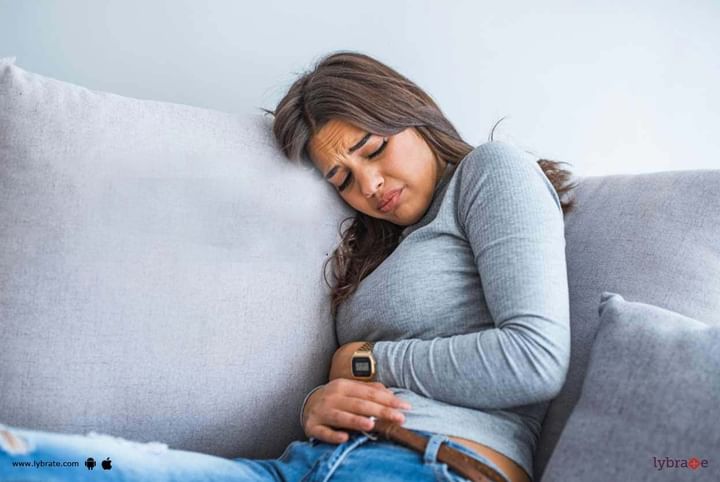Abdominal Pain - How To Tackle It In Women?
Pelvic or abdominal pain is a pain that occurs below a woman's belly button. The pain can usually occur due to their periods or menstruation. Pelvic pain can be acute or chronic and varies from woman to woman. Acute means that you are having this pain for the first time. Chronic means that pain has been a problem for a long time may be more than six months. Pelvic pain is more common in women than in men.
Causes of Chronic Female Pelvic Pain:
The commonly known causes of pelvic pain are a urinary disorder, such as bladder or kidney problems, a bowel problem or a problem with the reproductive system which includes the uterus, Fallopian tubes and ovaries. Scar tissue in the pelvic area after an infection or surgery can also lead to such pain. At times physical or sexual abuse is also attributed to such a pain.
How to diagnose chronic female pelvic pain:
You should always see a doctor if you are not sure of what is causing the pain. The doctor will ask questions regarding your periods, urine and bowel movements and about general symptoms such as fever, nausea and vomiting.
- Next, the doctor will examine your abdomen and may examine you internally if necessary. The doctor may ask you to have a urine test done which can be tested for infection. If you have symptoms of vaginal discharge or other related symptoms the doctor may take some vaginal swabs. A pregnancy test may be advised. The doctor may ask you to undergo a routine ultrasound scan to diagnose problems such as ovarian cysts.
- If the first tests don't find a cause, you may have other tests that show pictures of the organs in your belly. These may include Transvaginal ultrasound, MRI, CT scan of the pelvis.
- You may also have to undergo a minor surgery called laparoscopy which is basically a surgical diagnostic procedure which is used to examine the organs inside the abdomen.
Treatment:
You will be treated for the particular problem that causes pelvic pain. Some common treatments include:
- Prescribing birth control pills or hormone treatment for problems related to your periods
- You might have to undergo surgery to remove a growth, cyst, or tumor
- Medicine to treat the problem, such as an antibiotic for infection or medicine for irritable bowel syndrome
- You can try some home remedies as well-
- Try nonprescription medicine, such as ibuprofen
- Apply heat on the lower abdomen or the area where you feel the pain
- Lie down and elevate your legs by placing a pillow under your knees to reduce the back pain
- You can go in for some relaxation techniques, such as meditation, yoga and some breathing exercises as well.



+1.svg)
